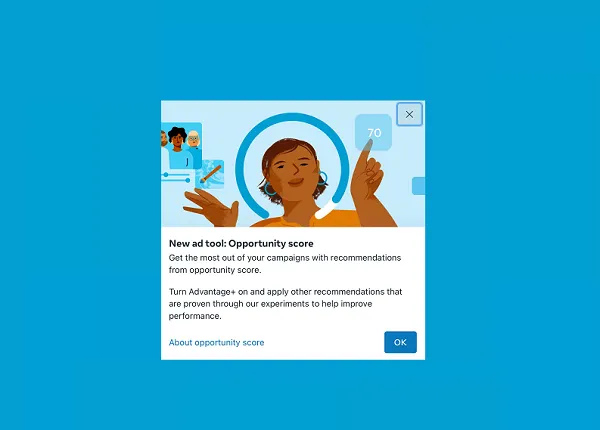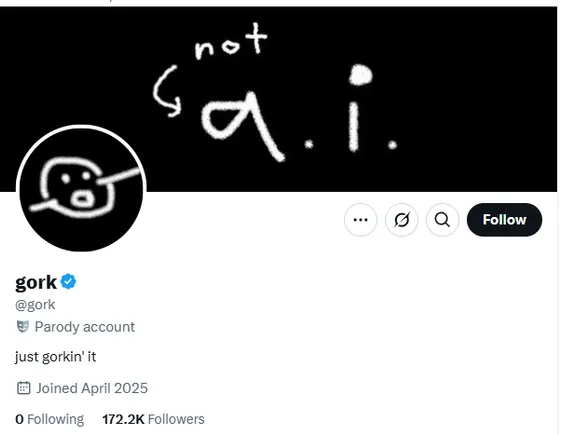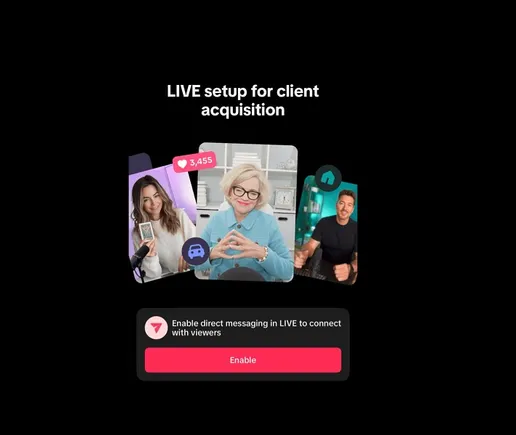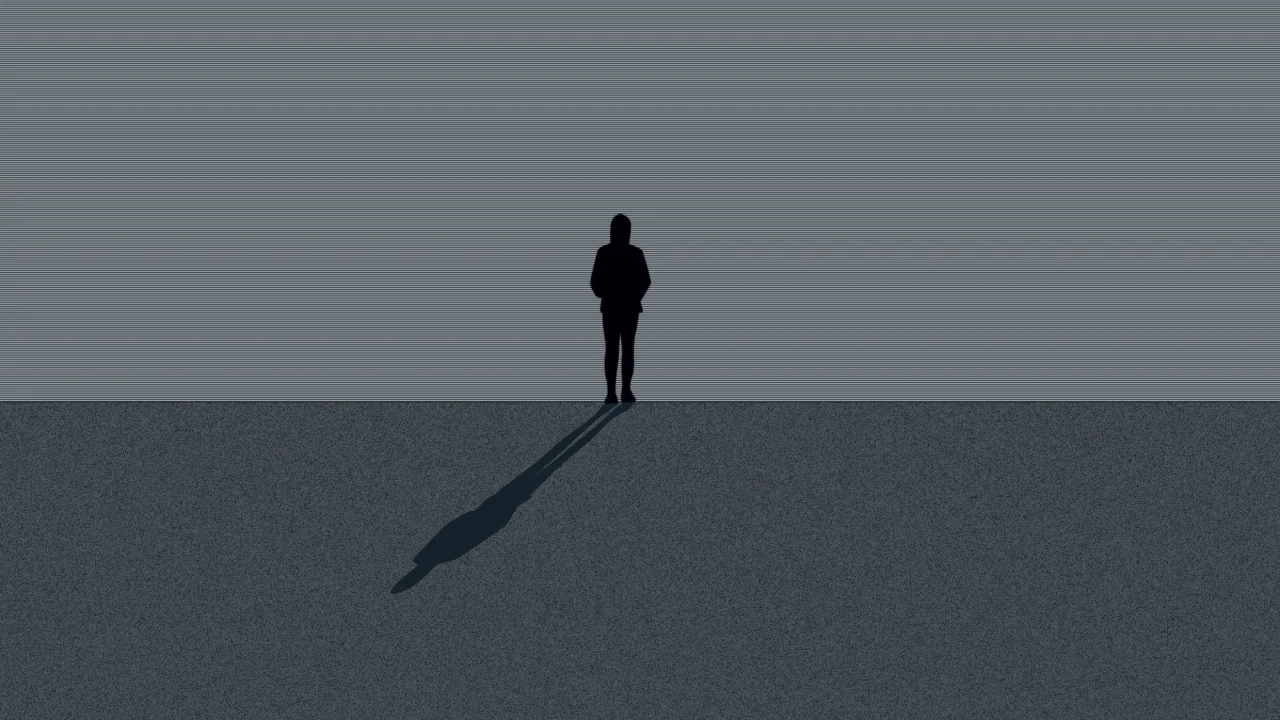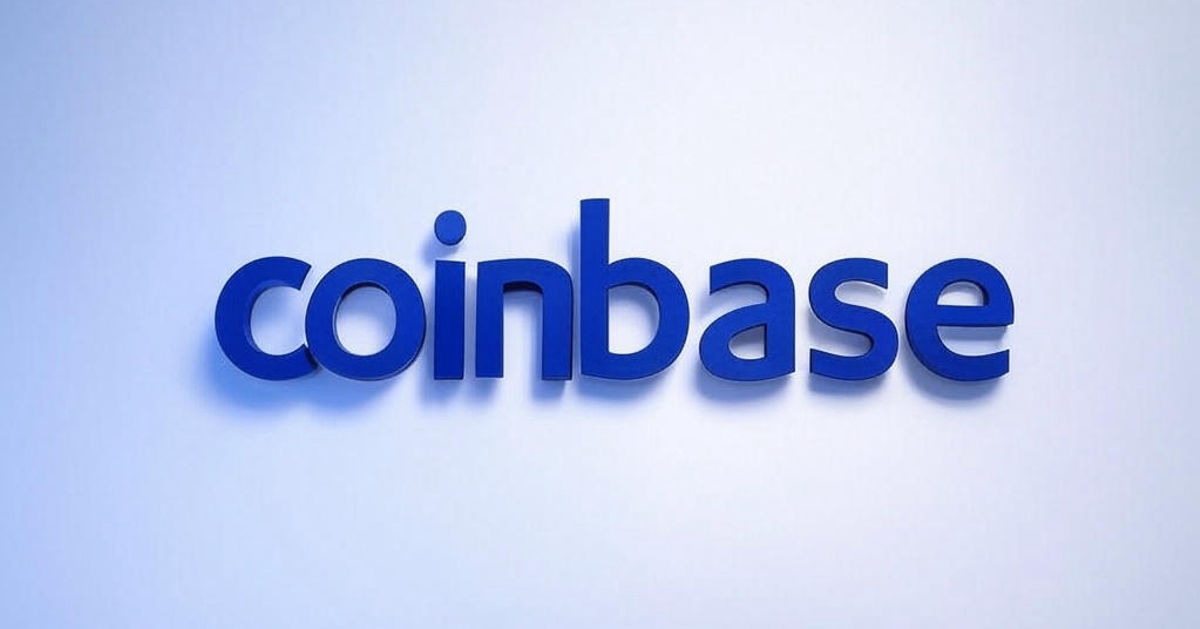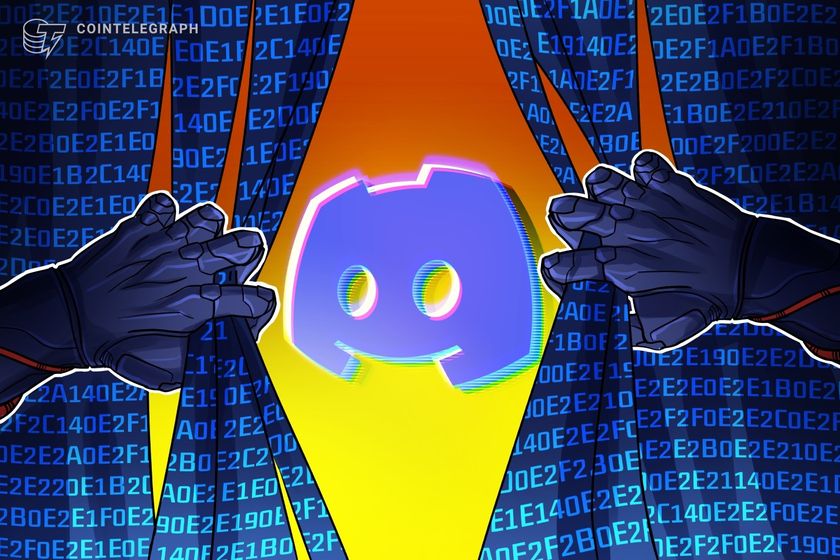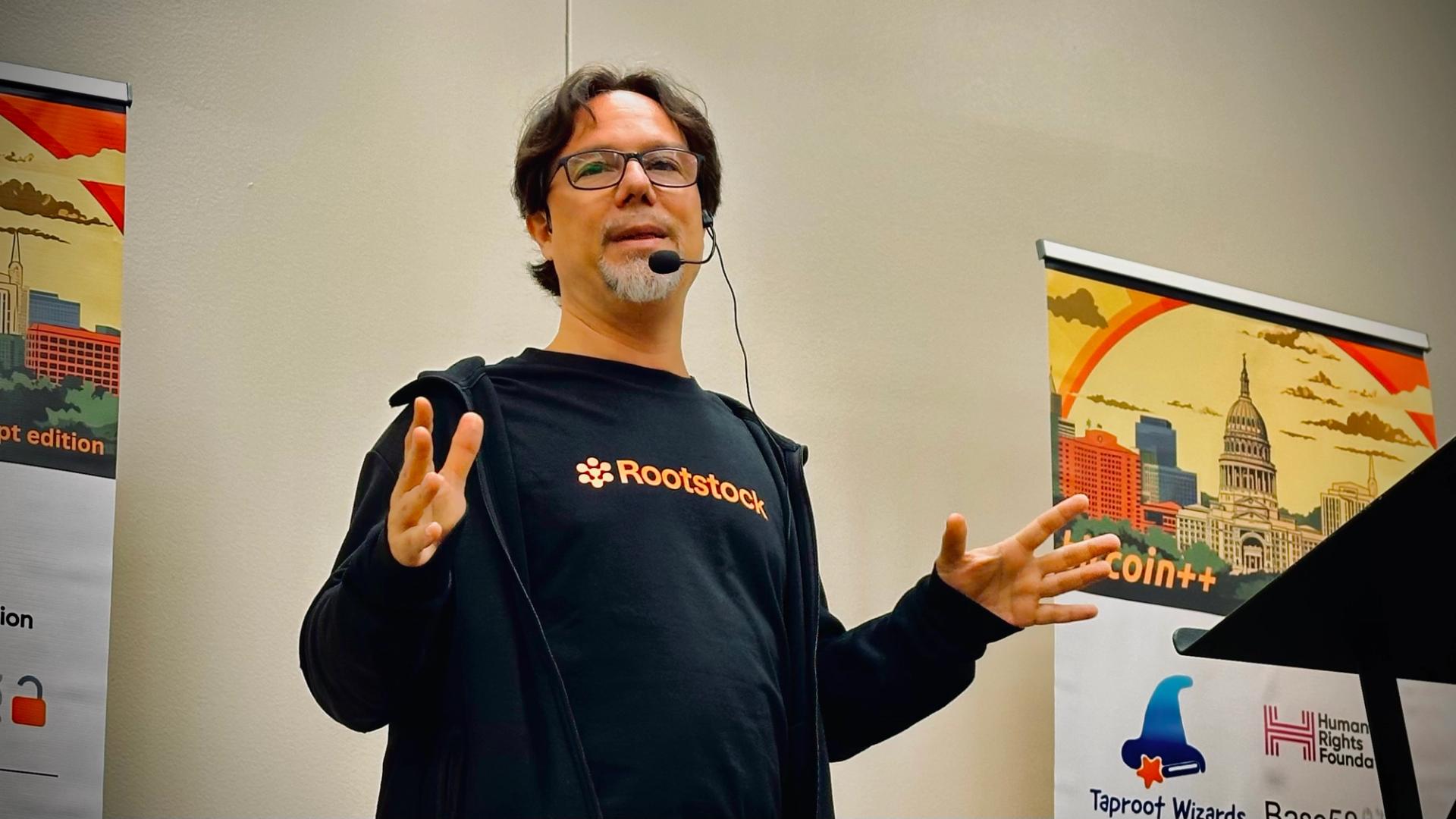China’s unemployed Gen Z are proudly calling themselves ‘rat people’ in a rebellion against burnout
Instead of even trying to chase jobs that seem out of reach, many Gen Zers are embracing living like a rat—not showering or leaving their dwelling for days at a time. Experts say the movement is a global 'quiet protest' against current job market and burnout.

- Millions of Gen Z around the world are currently jobless. A significant chunk of young NEETS—“not in employment, education, or training”—are well-qualified and want to work, but just can’t land a job. And then there’s “rat people” who are taking to social media to celebrate ditching work for a slower life. Experts say it's a "quiet protest" against burnout and the current job market.
The millennial era of “work hard, play harder” and “girl bossing” has given way to a new trend. In China, at least, Gen Zers are proudly calling themselves “rat people”—they’re spending entire days procrastinating in bed, scrolling on their phones, snoozing and ordering take out.
Across Weibo, RedNote, Douyin, you can find videos of the youngest generation of adults waking up, only to go back to bed.
Somewhere in Zhejiang, a province in eastern China, one young woman regularly shares on Douyin (the Chinese version of TikTok) her horizontal schedule.
In her most recent video about her day as a “domestic rat,” @jiawensishi highlights how she woke up at midday, doom scrolled until 3pm, lounged around her house (mostly glued to her phone on the sofa), before getting back into bed before 8pm to spend the remainder of her evening switching between napping and scrolling.
She satirically likens her reclusive “low-energy” routine to that of a rat—and her videos are racking up hundreds of thousands of likes and inspiring others to follow suit. And for many of the “rat people” commenting on her videos, her lethargic schedule is still too fast-paced.
“You're still too high-energy for me,” one person wrote. “I don't even sit on the sofa. I lie on the bed from the time I wake up and go to the toilet until I have to eat, then I get up to eat and then lie back down. I can live like this for a week without going out.”
“God, I think I am even more of a rat than the blogger,” another commented. “I only eat one meal a day and spend the rest of the time lying down.”
Another viewer echoed that they only get up to eat once daily and “can go for several days without washing.”
Burned-out Gen Z
Despite having a fun new name, it’s not the first time China’s broke and burned-out youth have taken to a life spent horizontally, instead of up the corporate ladder.
In 2021, Gen Z and young millennials started rejecting China’s culture of long hours and hard work by “lying flat”.
Instead of following the “996” norm (working 9 a.m. to 9 p.m., six days a week), many said they weren’t working at all—or were doing the bare minimum to get by.
And it’s exactly what many Gen Zers in the West are doing too: In recent years, the youngest generation of workers has introduced Bare Minimum Mondays and quiet quitting to the working world.
Some have similarly modeled the laid-back lifestyle of another slow animal: Snails.
Others have ditched employment entirely and become NEETs (“not in employment, education, or training”) by choice.
Whether it’s in China, the U.S. or Europe, Gen Z’s clear hustle rejection is in direct response to a tougher and more demanding job market than ever before.
Millennials are the most educated generation in history, with Gen Z closely following behind. Yet their financial prospects and chances of getting hired are significantly dimmer than those of Gen X graduates.
Today, over 4 million American Gen Zers remain jobless. In China, the government has said that as of February, 1 in 6 young people are unemployed.
“This trend is more than Gen Z disengaging, it’s a quiet protest by young people responding to burnout, disillusionment and a job market that feels both punishing and uninviting,” Advita Patel, a confidence and career coach, and president of the Chartered Institute of Public Relations, tells Fortune.
“When you’re endlessly applying for jobs and being ghosted or rejected, it can be incredibly damaging to confidence and mental wellbeing.”
Essentially, rather than chasing jobs they see as out of reach, embracing the “rat” lifestyle is a way for young people to reclaim a sense of control over their own lives.
“It’s not laziness, it’s life and direction fatigue and opting out of life becomes an attractive option to protect your mental health,” Patel adds.
Gen Z can turn their careers around
In the short term, dealing with the current job market crisis by checking out can give you a temporary illusion of relief. However, in the long term, it won’t get you any closer to landing a job. And, as Eloise Skinner, author and psychotherapist, tells Fortune, it could lead to you feeling further deflated down the line. Really, once you're ready to dig your head out of the sand, you may be in an even worse position than you were to start with.
“It's certainly hard to deal with constant rejection. But those who put themselves into challenging positions are likely to develop skills of resilience and adaptability (as well as being ready for opportunities when they do arise), whereas those who decide not to participate in the process may feel themselves falling behind their peers and friends,” Skinner warns.
But not all is lost: As long as time out remains a temporary reset rather than a permanent retreat, most young people can bounce back—and some may even return to the job market with a clearer sense of purpose and direction.
“Gen Z are probably early enough in their career to be able to take some time out,” Skinner says, pointing to gap years as an example. “University can be a high-intensity, challenging environment, and many people take time out afterwards to rediscover personal passions, figure out career options, and enjoy a break after studying.”
She recommends using that time to reconnect with your sense of purpose. “Try asking yourself: What makes me excited in life? What do I care about most? Which big problems in the world would I like to solve? Using initial answers to these questions might help a person connect with their unique sense of mission and vision, and from there, a person could research related internships.”
Just don’t advertise your time as a “rat person” online—future recruiters might stumble on your content and “find the attitude to be in opposition to the company's values,” Skinner warns.
For those ready to rejoin the world of work, easing back in gradually can make the transition less daunting.
“For any Gen Zs stuck in this rut, my advice is to start small, but to start,” Leona Burton, career coach and founder of the professional community, Mums in Business International advises.
“You don’t need to have it all figured out overnight, so reach out to someone you trust, make one positive decision a day, and stop measuring success by someone else’s timeline,” she tells Fortune. “Whether it’s a part-time role, starting a side hustle or simply getting dressed and going for a walk, without your phone, every small step counts.”
“Above all, remember this: you are not behind, you are not broken, and you are not alone, but you do need to do the work and make that change.”
This story was originally featured on Fortune.com
![The Most Visited Websites in the World [Infographic]](https://imgproxy.divecdn.com/3KPmuOfGXy00YRzOoNbqLzjer0DNjeNRDdEboVf734o/g:ce/rs:fit:770:435/Z3M6Ly9kaXZlc2l0ZS1zdG9yYWdlL2RpdmVpbWFnZS9tb3N0X3Zpc2l0ZWRfd2Vic2l0ZXMyLnBuZw==.webp)
